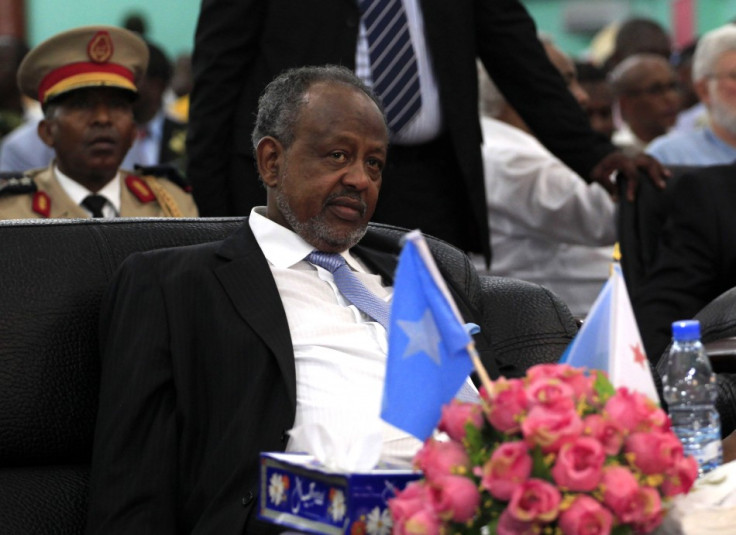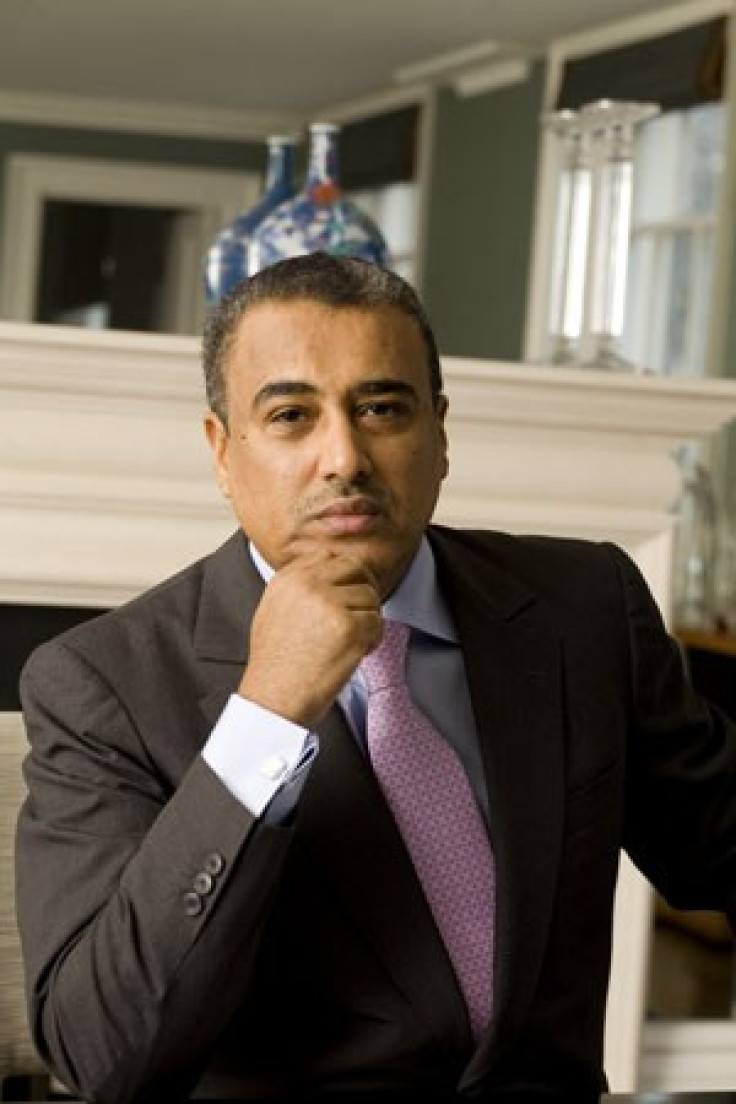Tiny African Nation of Djibouti Poised for Historic Election

The tiny Horn of Africa country of Djibouti is poised to have its first legislative elections with opposition parties allowed to stand for the first time since the independence in 1977.
With a population of fewer than one million, the former French colony has been off the radar of the international community, despite being home to the biggest French and US military bases in Africa and its position as gateway to the strategically vital Red Sea.
The regime of President Ismael Omar Guelleh, in power since 1999, is facing a serious challenge from opposition groups which joined forces in the Union for National Safety (USN) for the first time since 2003.
After a revision in the constitution, Guelleh was re-elected for a third five-year term in April 2011 and his Union for the Presidential Majority (UMP) holds all 65 seats in parliament.
Allegations of vote-rigging and an absence of fair and free elections have been raised by the Friends of Djibouti and other NGOs. In a letter to the United Nations, the EU, the US, the African Union and the Organisation of Islamic Cooperation, it urged "continued pressure on the government for democratic elections".
"The arrest last week of the leader of Djibouti's unified opposition, the Union for National Salvation (USN), by rival government forces emphasises the need for increased scrutiny by the international community in the run-up, during and immediately after the elections," Friends of Djibouti said.
"Djibouti needs a smooth and peaceful transition of power without external intervention."

Cheating is a national sport
With 75 percent unemployment, a high level of corruption and high mortality rates, Djibouti is one of the poorest countries in Africa and also one of the worst to do business.
The government has strict control of the executive, legislative, juridicial and military systems. But after the Arab revolutions of 2011, Djibouti started experiencing unrest.
In February 2011, thousands of demonstrators rallied to demand that Guelleh step down. Police used batons and teargas against stone-throwing protesters.
One of the potential contenders in 2001, Abdourahman Boreh, told IBTimes UK that Djibouti people "are looking for change after 37 years of single-party rule in the country".
"We need a government with proper accountability, clear in balance, which maintains stability and peace," he said. "If the government deprives the population of that and cheats at the elections, people will revolt".
He claims that vote-rigging and cheating were a "national sport".
Boreh, a 51-year-old businessman, left his country in 2005 and said that if he returned to Djibouti he would be imprisoned and may be tortured.
"I was chairman of the chamber of commerce," he said. "I was critical all the time. In the country there are people who are without electricity and water. There are people dying from hunger."
He left Djibouti because of doubts over the government's decision to change the constitution. "I said it was the wrong signal for investors and I was right," he said. "People stopped investing for lack of trust."
Secret US drone military base
Djibouti is home of Camp Lemonnier, a former French Foreign Legion outpost transformed into the busiest US Predator drone base outside the Afghan warzone, according to the Washington Post. Unmanned aircraft taking off from Djibouti are bound for Somalia or Yemen and used in the war against an al-Qaida offshoot.
"People are accustomed to military bases, because we always had one within the country," said Boreh. "But they don't accept that they are benefiting from it. The West supports one person, the president, and ignores one million people starving. There is no confidence among the population on how the money is spent."
Observers with Democracy International were expelled from the country by the government in 2011 for alleged partisanship, and foreign journalists are banned. The government uses "censorship to inhibit opposition campaigning," according to Friends of Djibouti.
"Friends of Djibouti joins legitimate opposition parties calling for free and unrestricted access to information for all Djiboutian citizens in the interests of a fair electoral process," it said in its letter.
The European Union and African Union will send election monitors.
"We want the international community to listen to us. We want to have a slow, peaceful transition of power," said Boreh.
© Copyright IBTimes 2024. All rights reserved.






